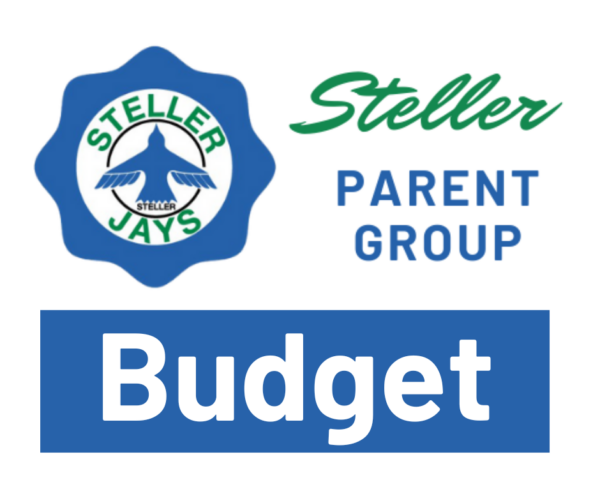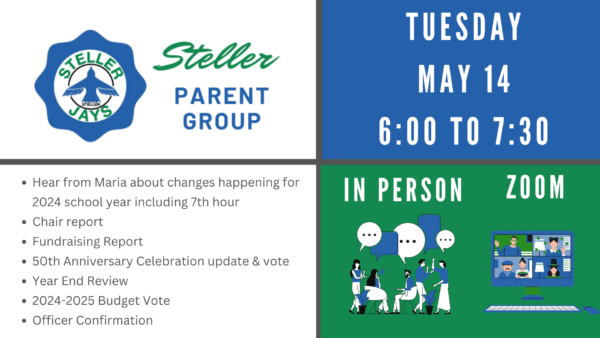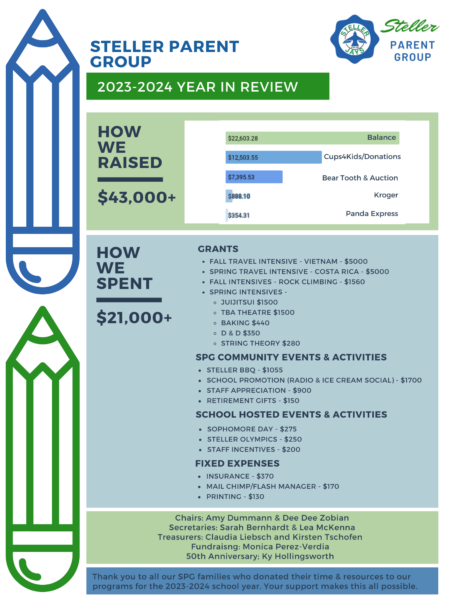ASD Community,
I am writing to seek your input on an incredibly important topic: The future of the Anchorage School District’s (ASD) facilities in our community.
Currently, ASD operates 91 buildings throughout Anchorage. More than 90% of those buildings are schools. To be clear, every one of our school campuses offers something special to our community. Our campuses are filled with wonderful teachers, are conveniently located in many of our neighborhoods, and have produced thousands of alumni and members of our community. The time has come for us to consider a number of other facts as well.
- Many of our buildings were constructed more than 30 years ago and are in need of critical upgrades and maintenance to support the students of today. In fact, current deferred maintenance costs for ASD buildings are approaching $1 billion.
- In the last 10 years, the Municipality of Anchorage (MoA) has seen a decrease of 17,000 working-age adults and nearly 5,000 fewer students in our schools.
- More families than ever are opting for different modalities of learning. For example, ASD correspondence school enrollment has more than doubled since the 2014-15 school year. Similarly, enrollment in ASD choice programs has grown over time. Most of ASD’s charter schools are housed in leased buildings with high rent payments or in buildings that are unsuitable in size or design to fully accommodate their growing enrollment.
While ASD is making bold strides to improve reading, math, and life readiness for all students, our underutilized campuses present a major barrier that could be sustainably addressed with an intentional school consolidation plan. A thoughtful plan means we can reimagine our buildings for the needs of now and beyond. For example, reimagine how the land currently occupied by one of these underutilized campuses could be repurposed by the MoA to serve a variety of broader community needs. Or, reimagine how ASD’s unused space could be used to house its high demand school choice programs. Think about it this way, when our charter schools are housed in buildings without cafeterias, we’re limited in our ability to offer hot meals to students. Some of these choice programs have growing waitlists because their current locations are at capacity. Reimagining our footprint unlocks an opportunity to match families to specialized choice programs that meet their children’s needs, while offering services that are comparable to those in our neighborhood schools. Additionally, if more ASD schools were at higher levels of utilization than today, ASD is better positioned to sustainably offer more services, electives, and academic opportunities for our entire student population.
Rightsizing ASD could also unlock non-academic opportunities for our community. Imagine if one of our underutilized elementary schools were co-located with a community childcare center, offering subsidized childcare to our current and prospective employees. These are the types of premium benefits we could offer to our talent, despite the State’s persistent underfunding of schools that limits ASD’s ability to increase wages.
ASD aspires to be the top-performing large urban school district in the nation. And, I recognize that our current portfolio of schools have provided a strong foundation for generations of Alaskans. With that said, I envision an ASD that has been completely reimagined and redesigned to offer a world-class education given the realities, conditions, and resources that are forecast for the years to come.
I humbly ask for your perspectives on what rightsizing ASD means to you, and whether you believe it is possible for this to be done in a way that acknowledges our community values. As a next step, I ask that you visit our Rightsizing ASD webpage, take our survey, and learn more about this important project.
We’re ready and eager to hear from you.
Sincerely,
Jharrett Bryantt, Ed.D.
Superintendent
Anchorage School District








